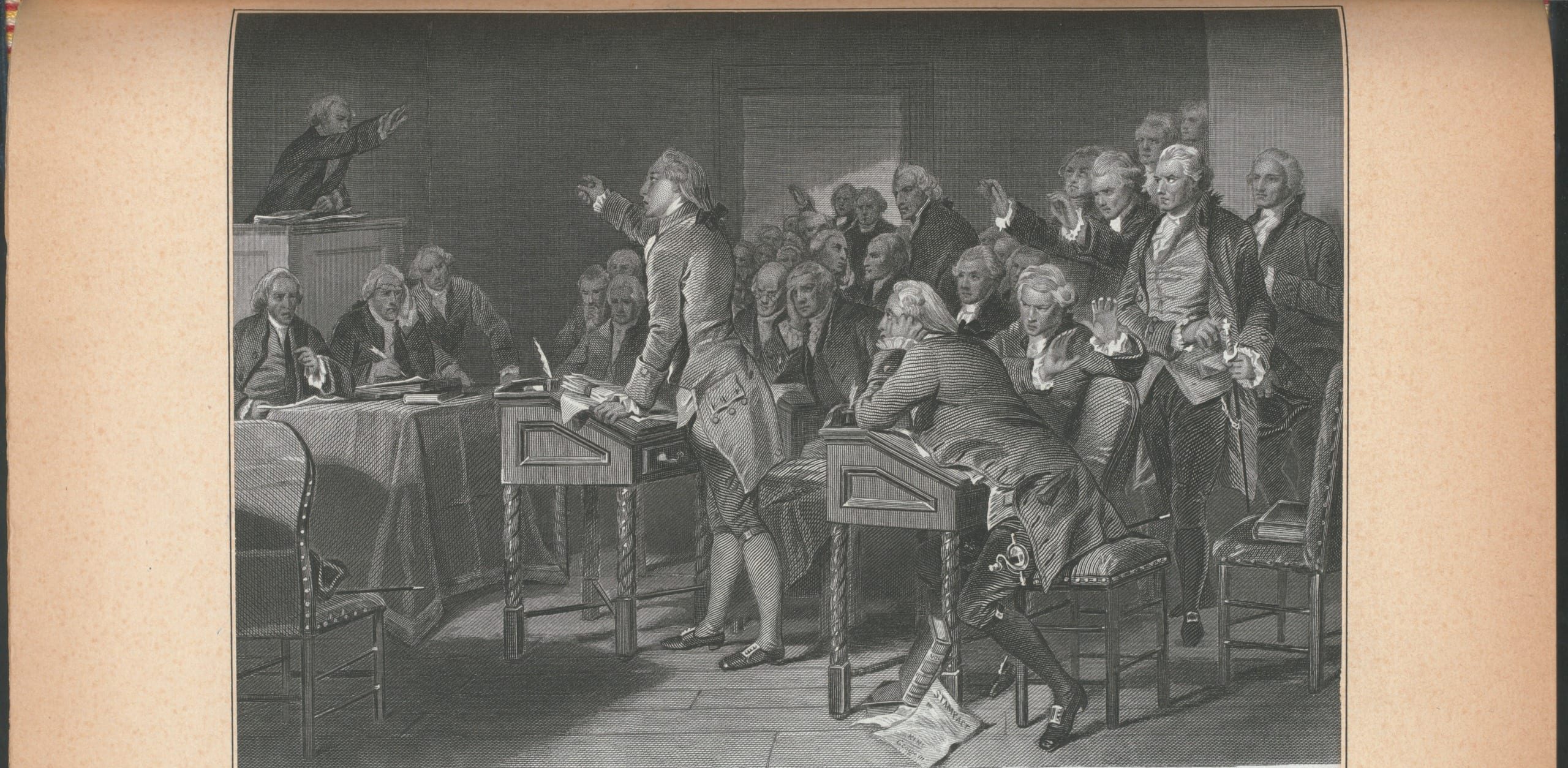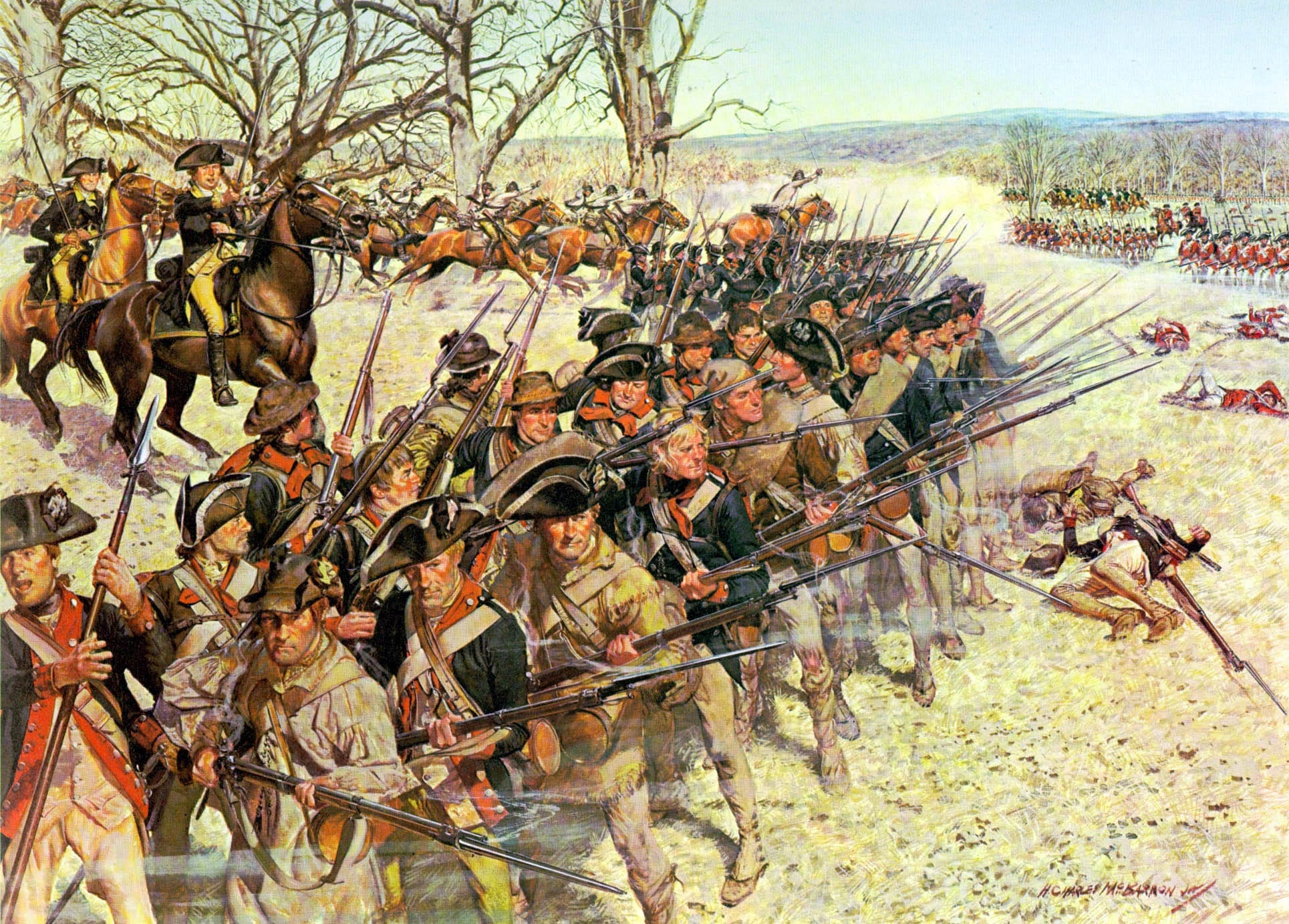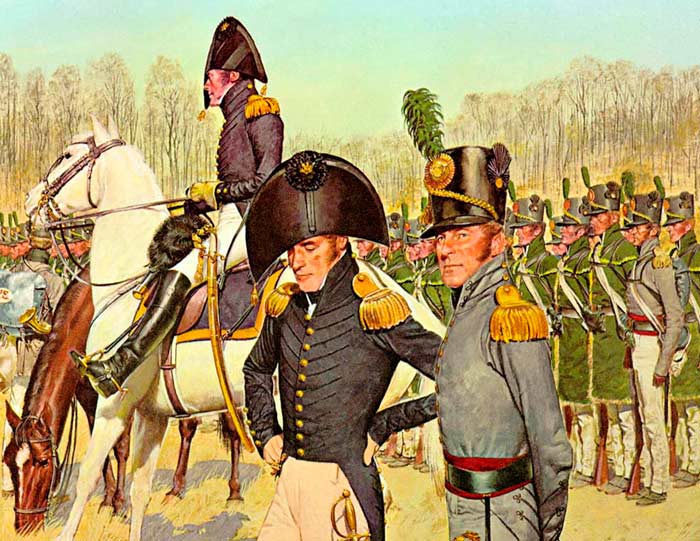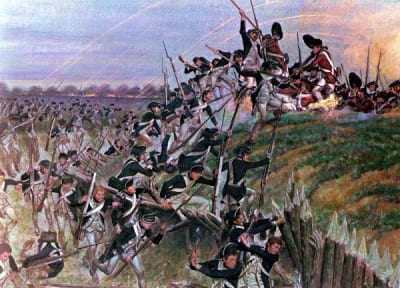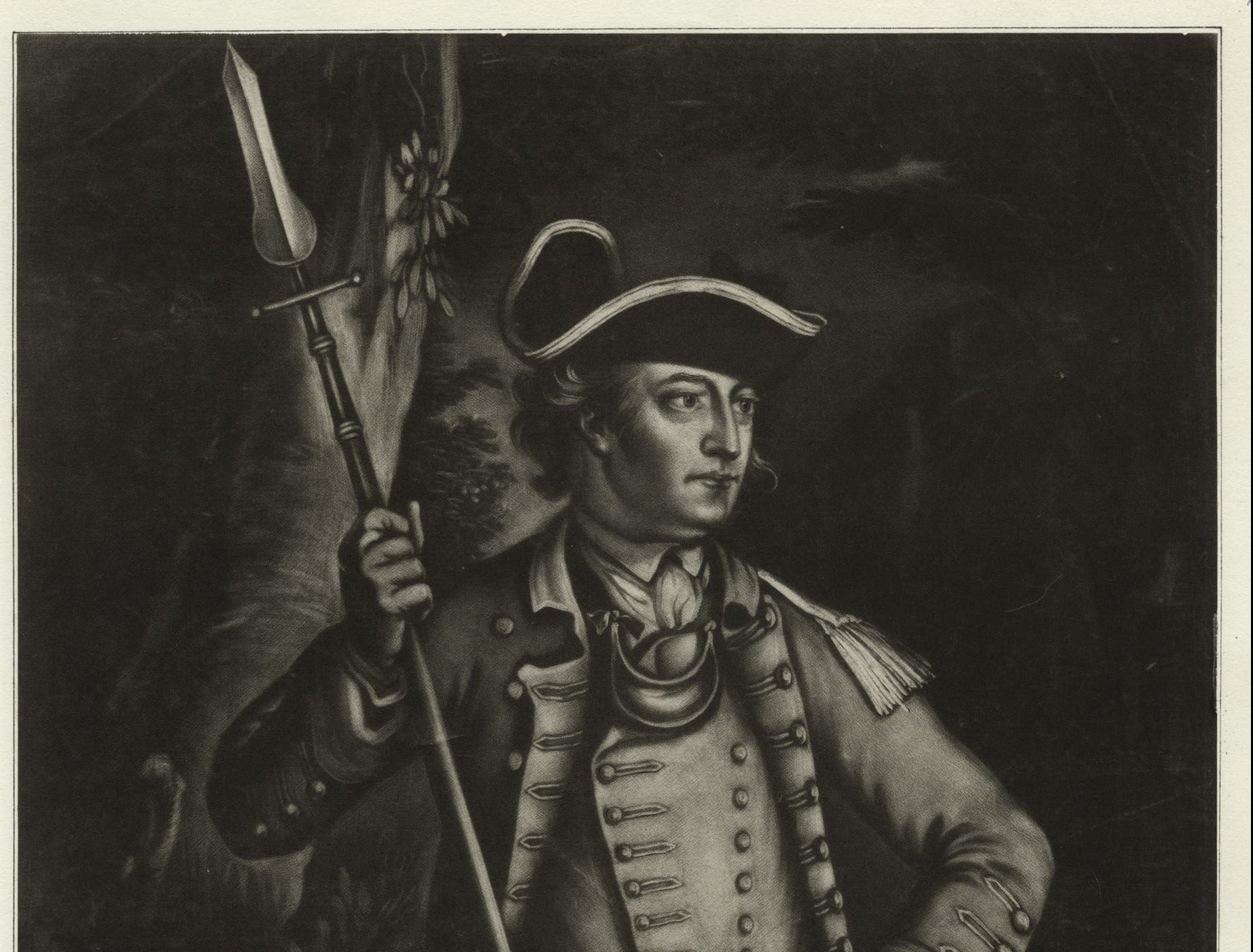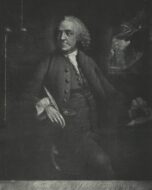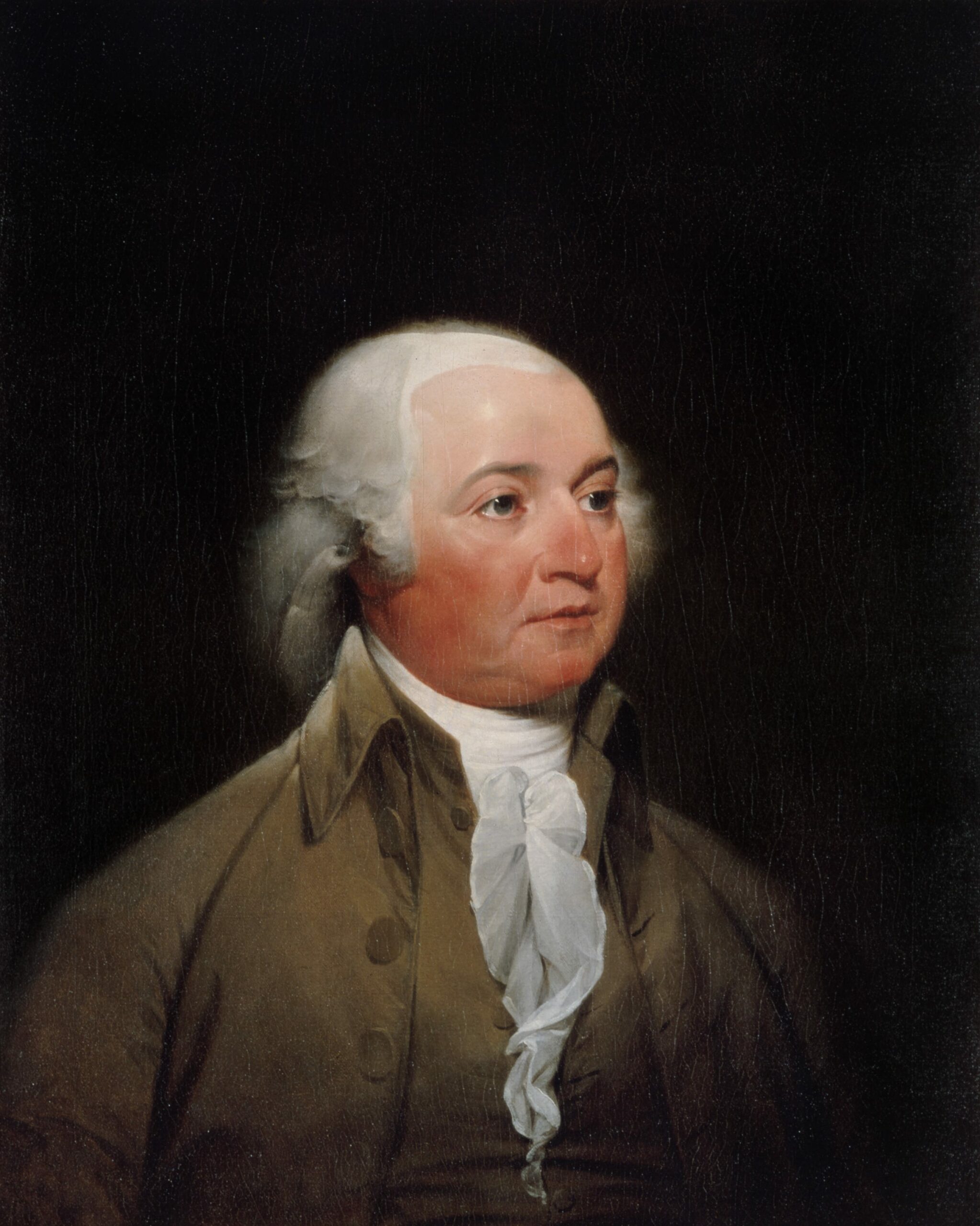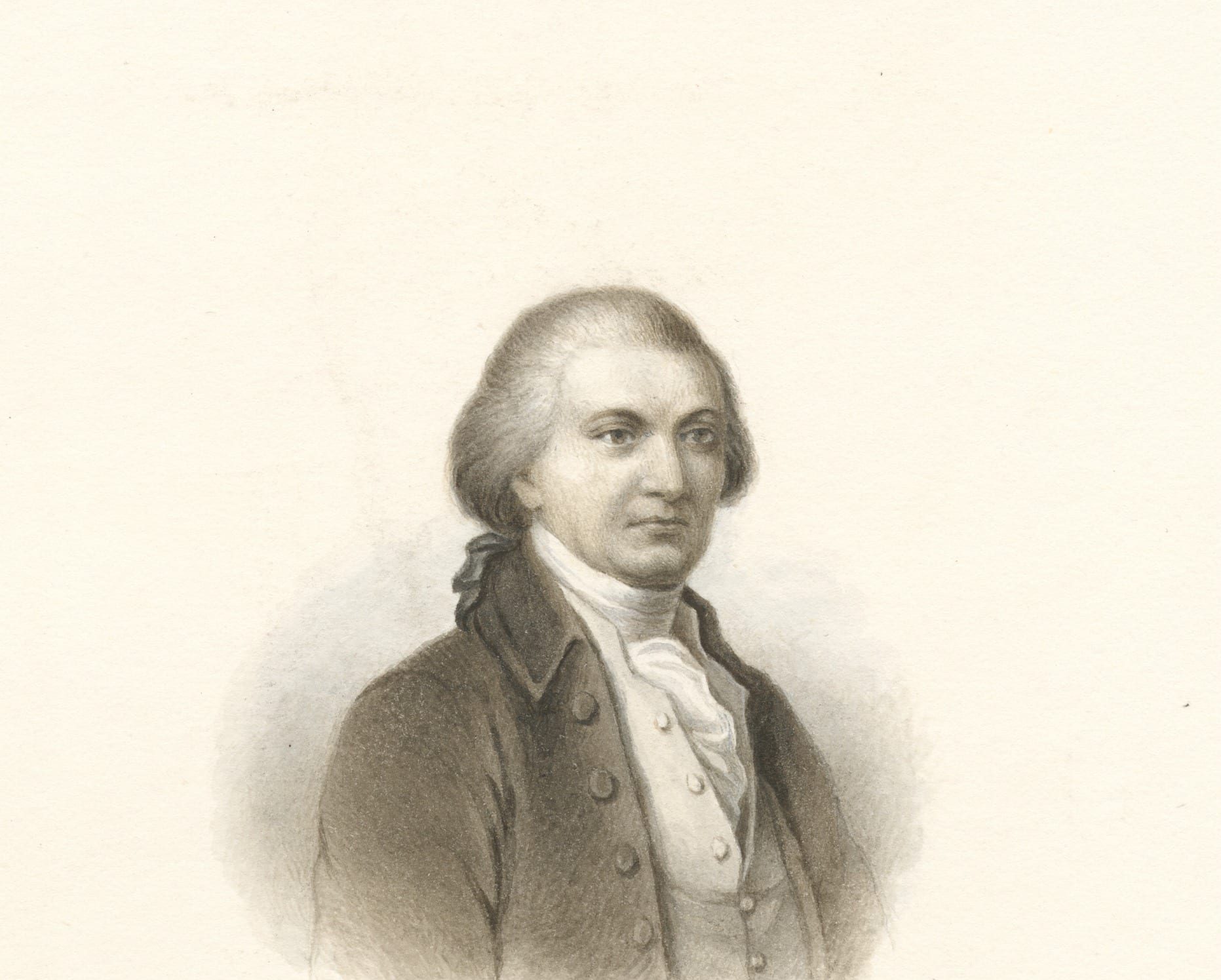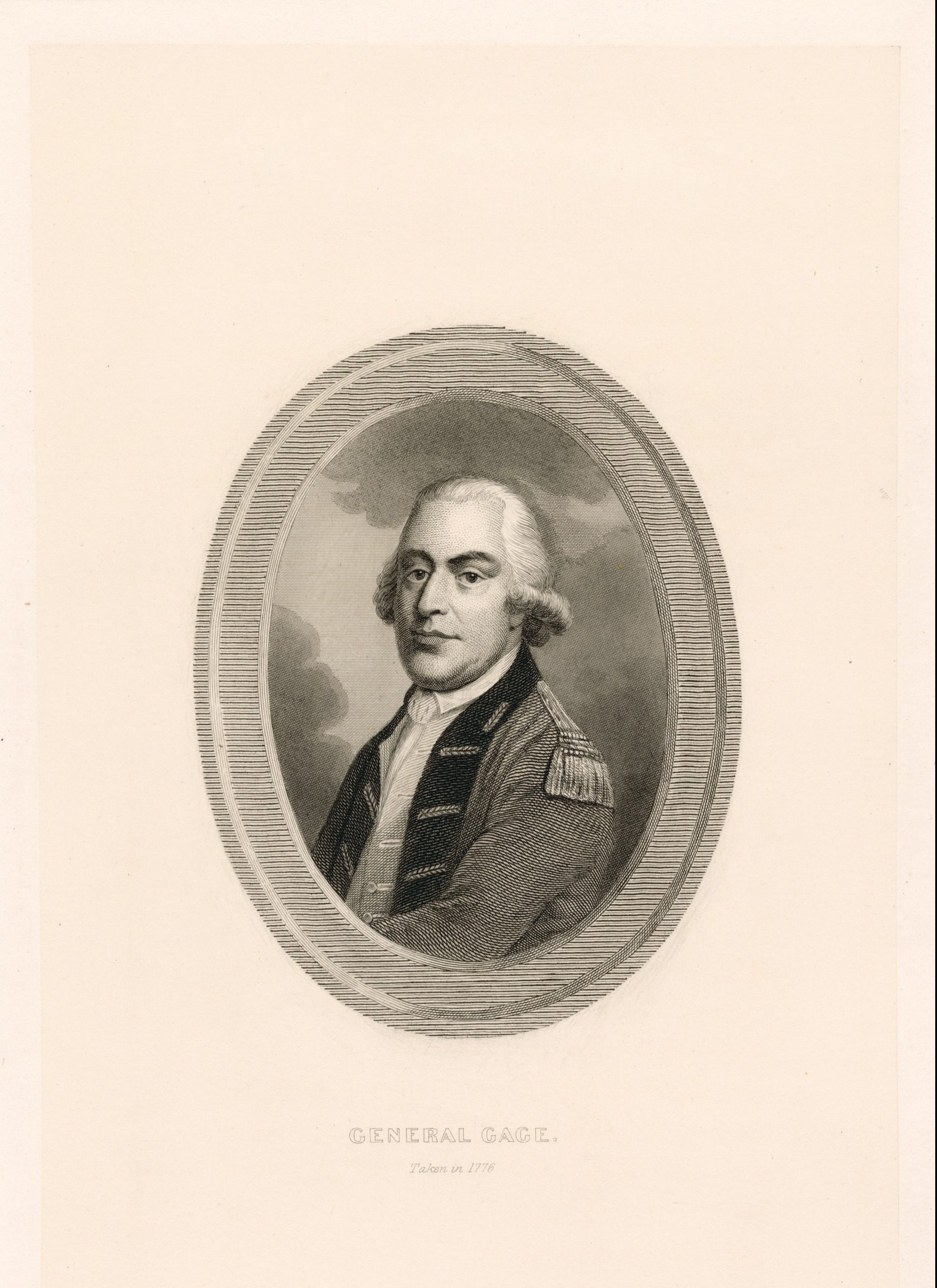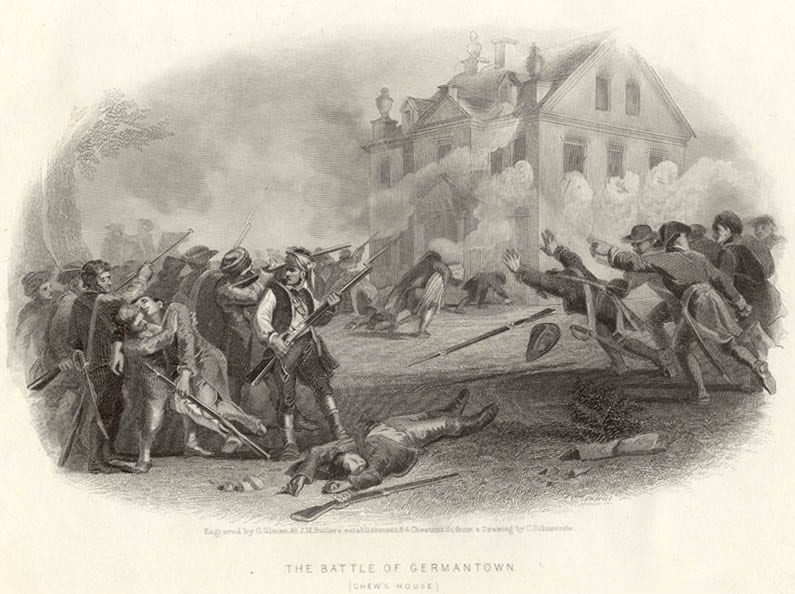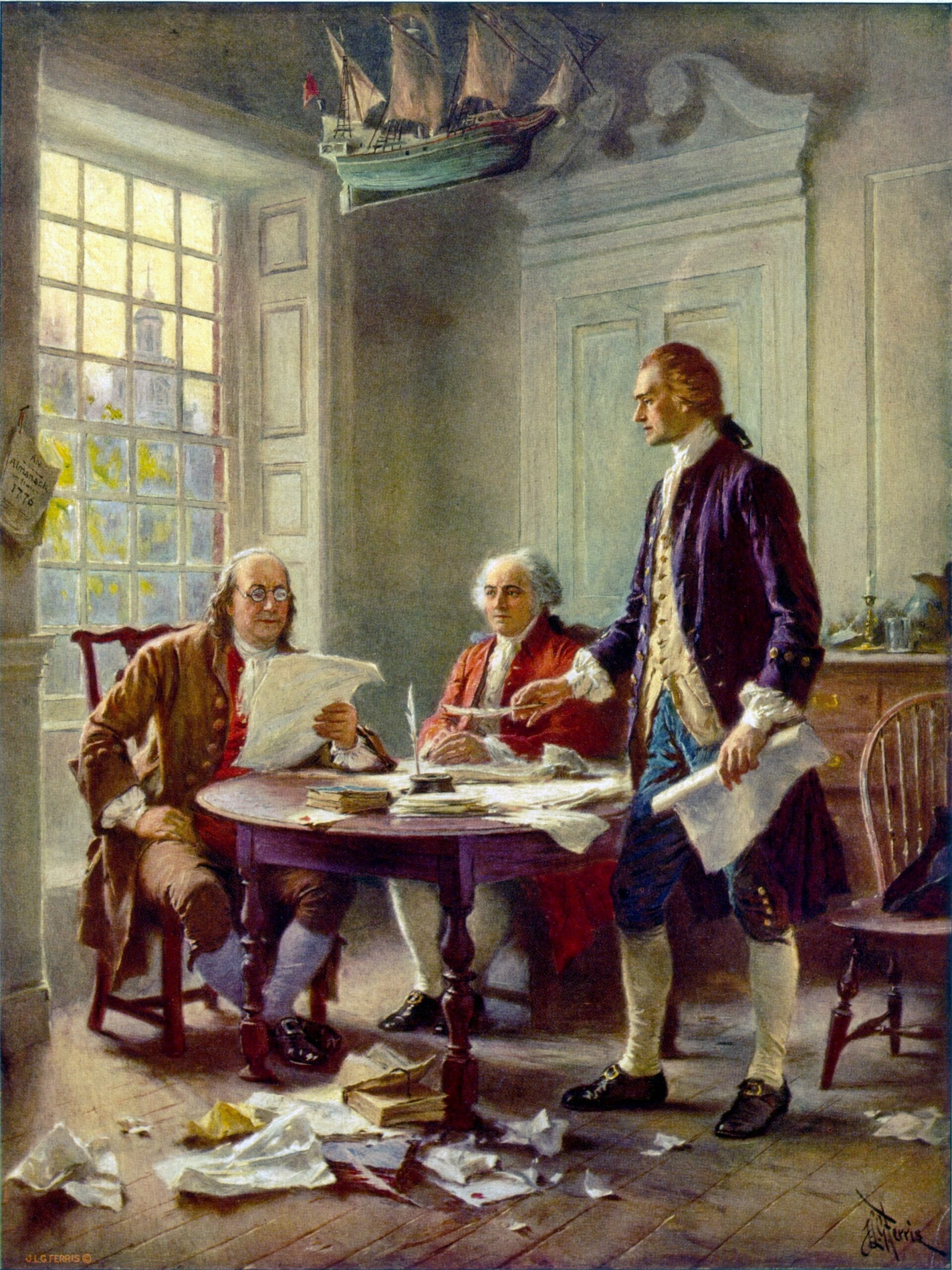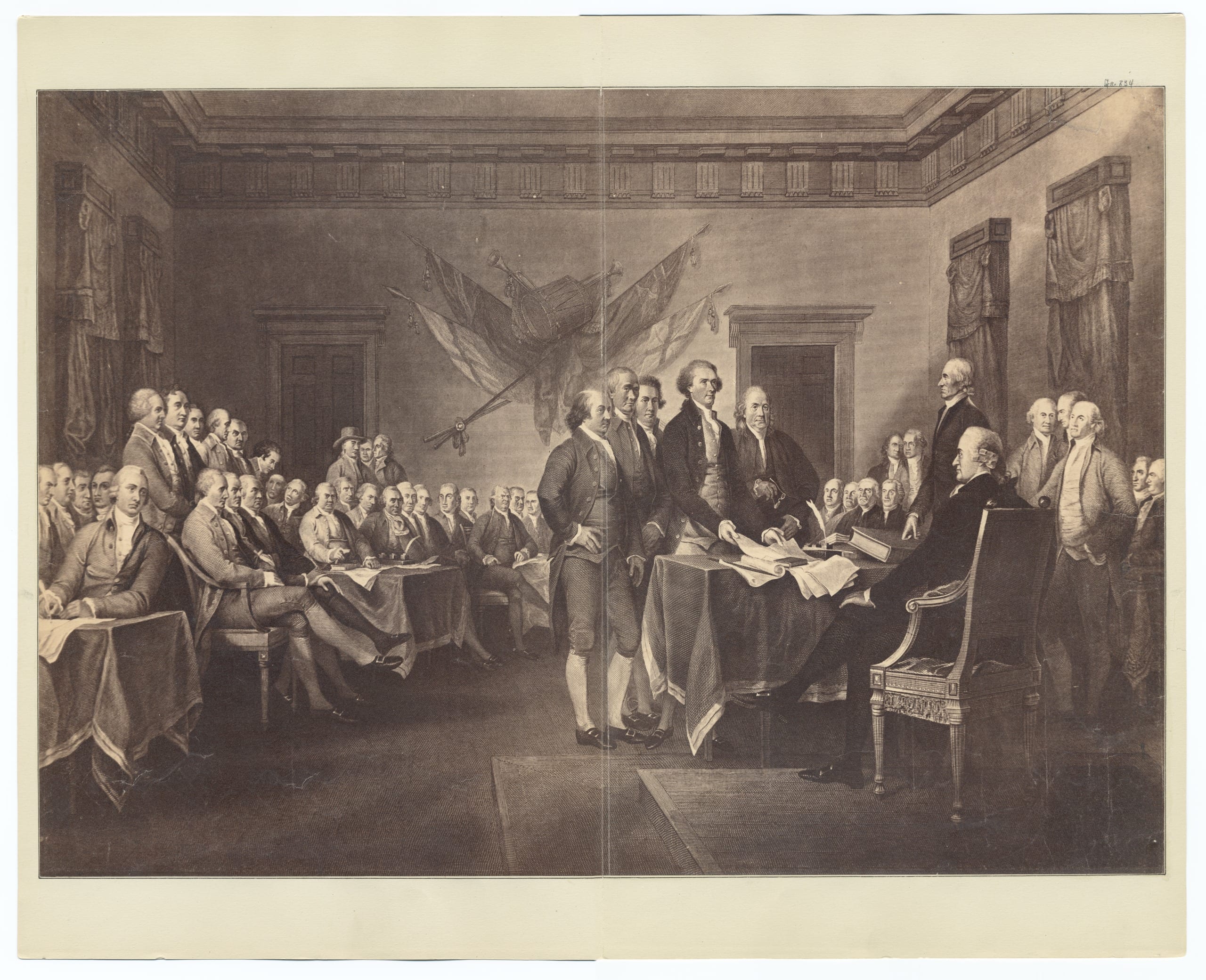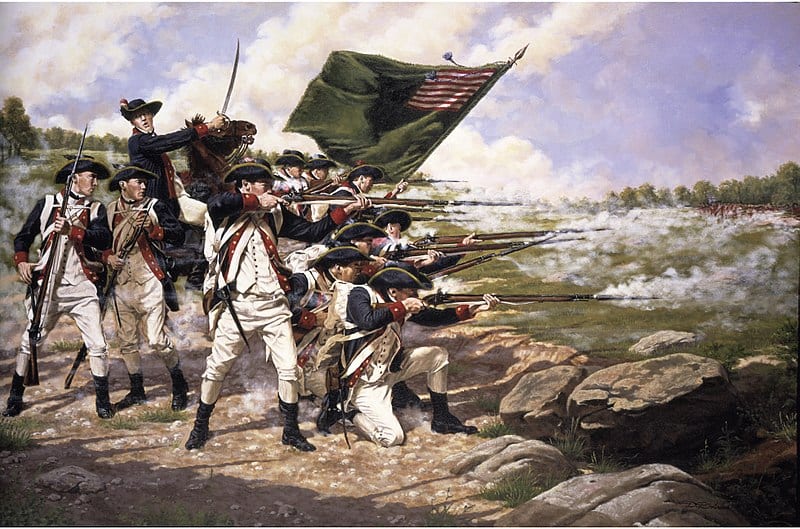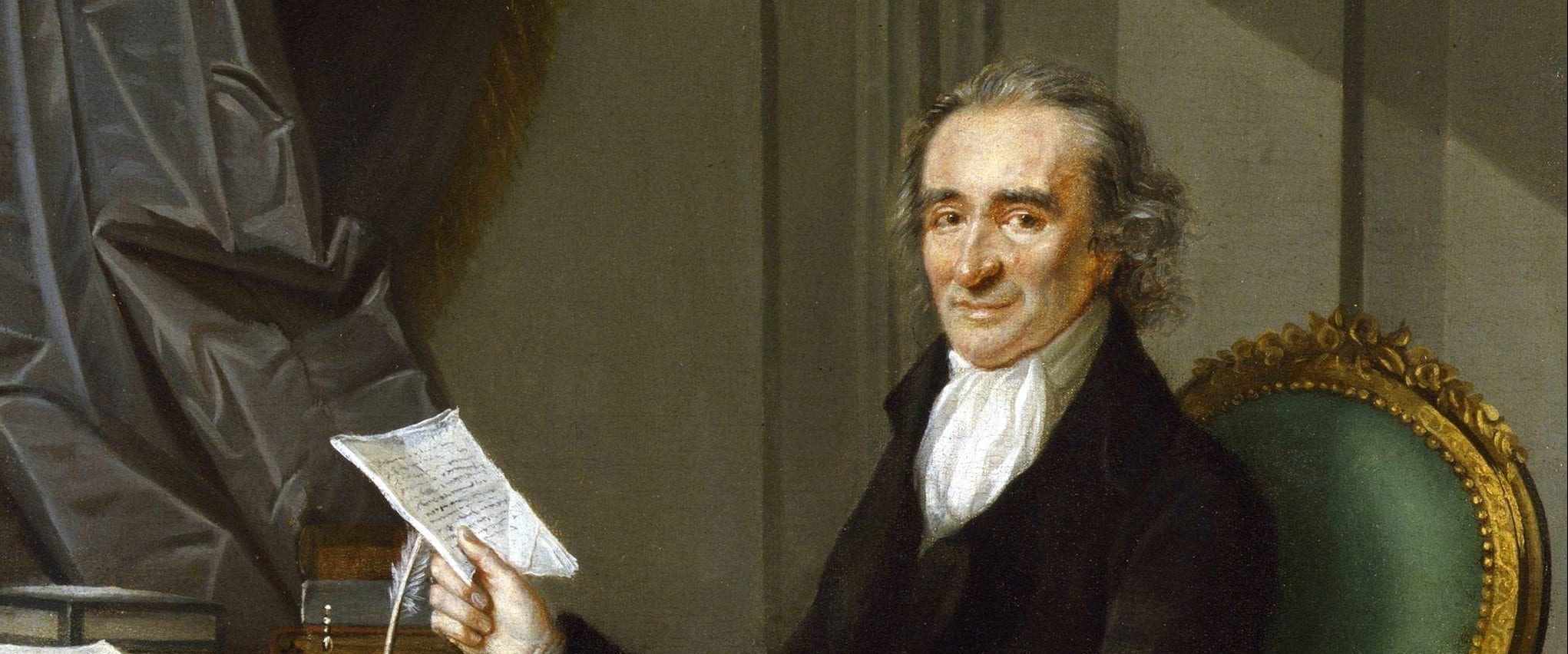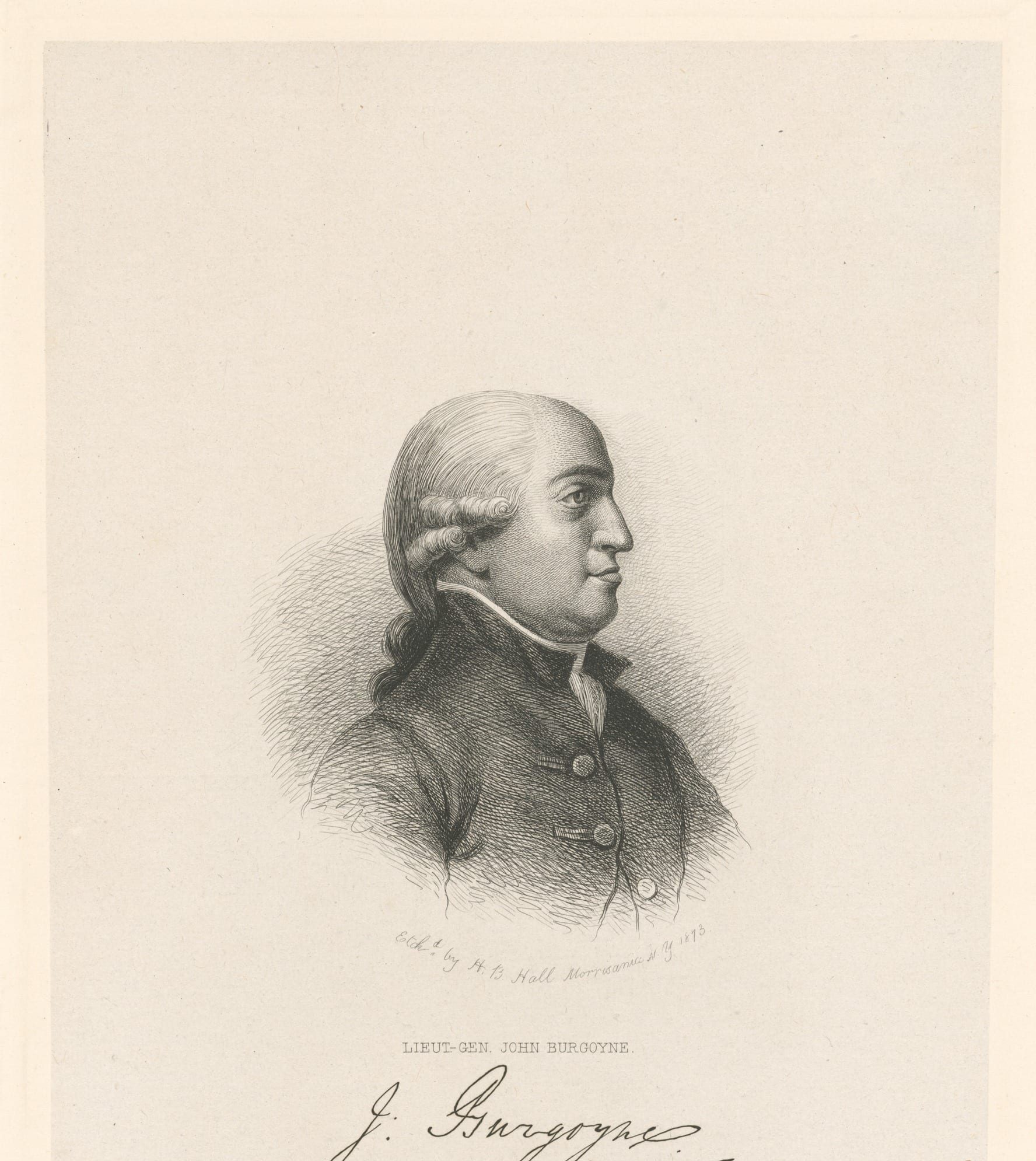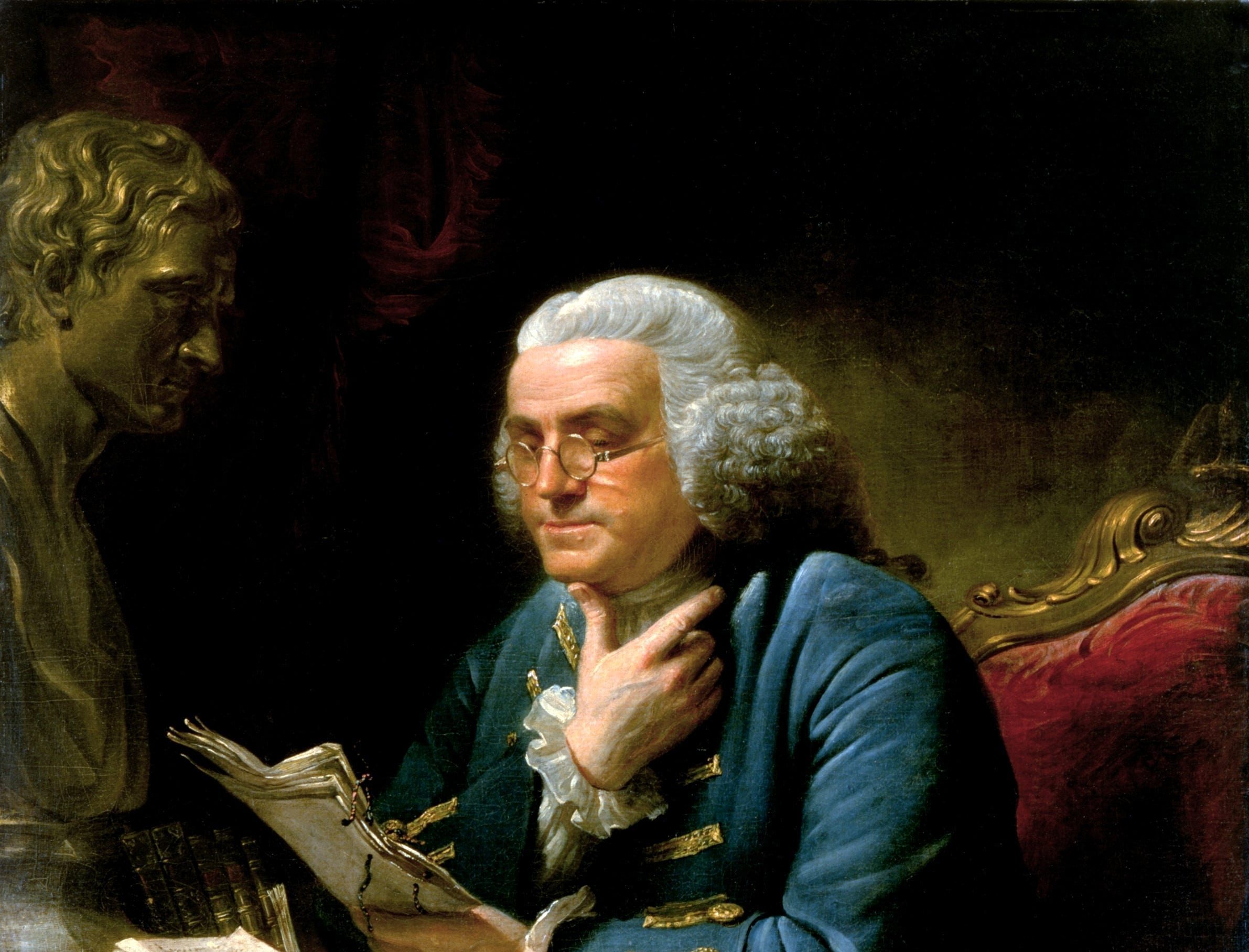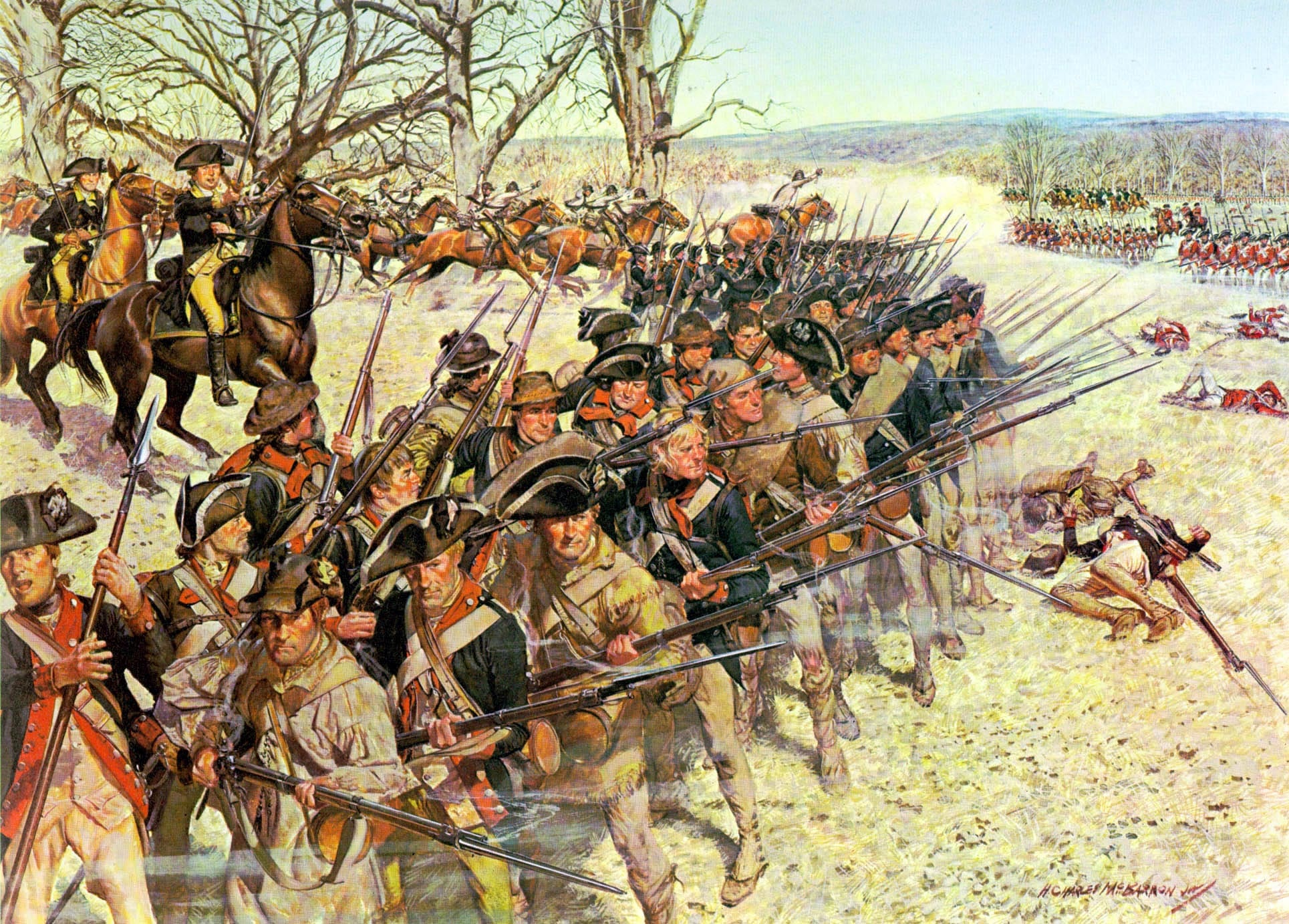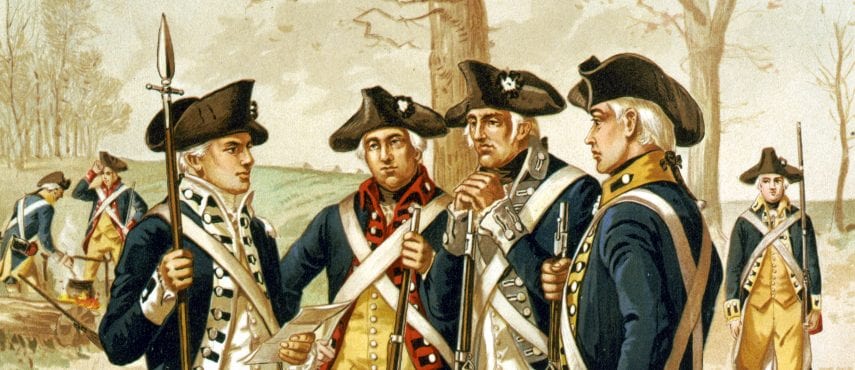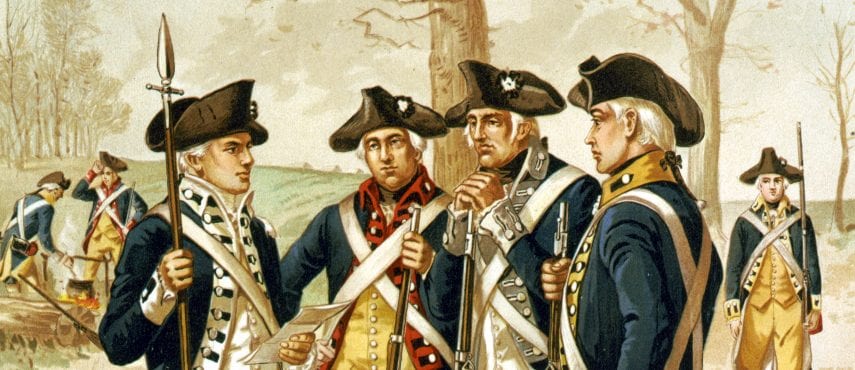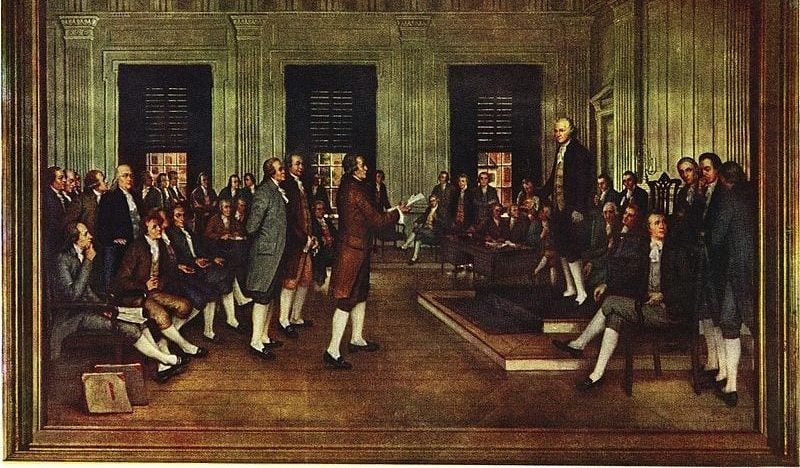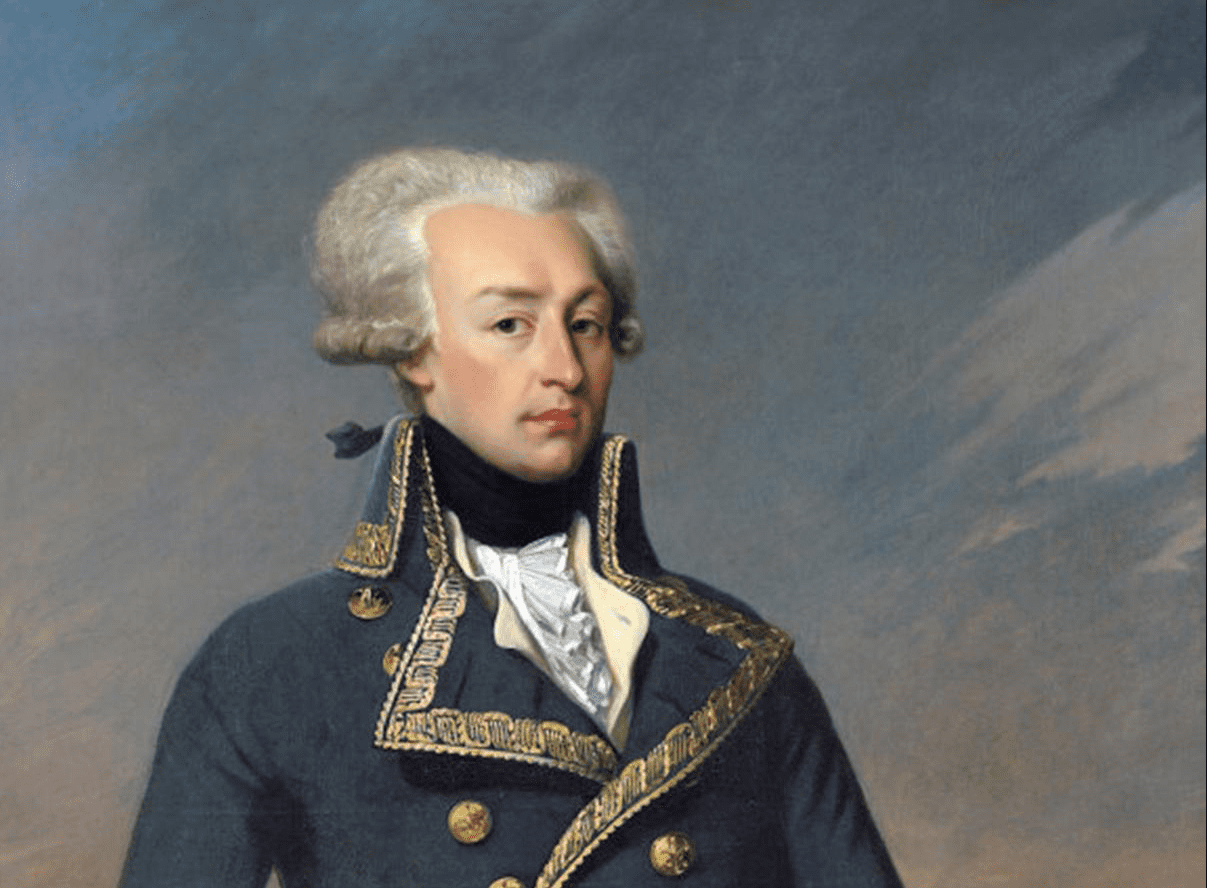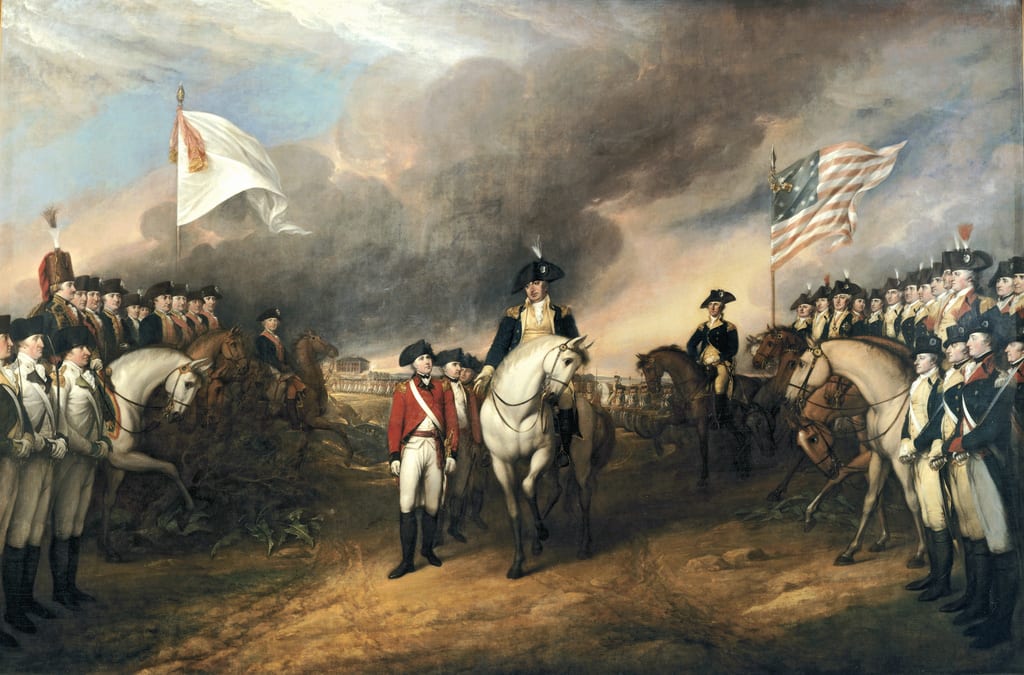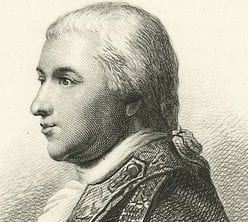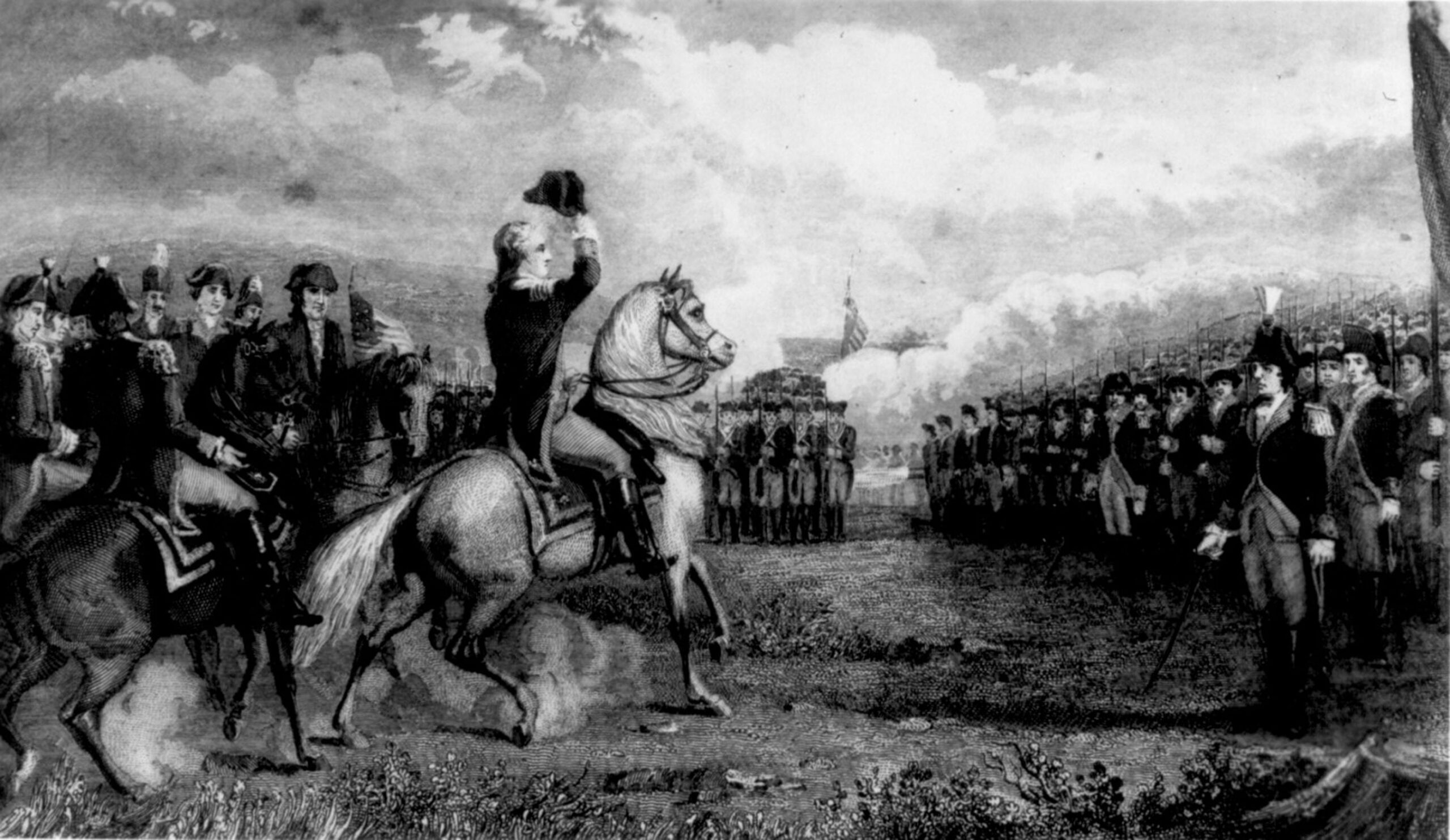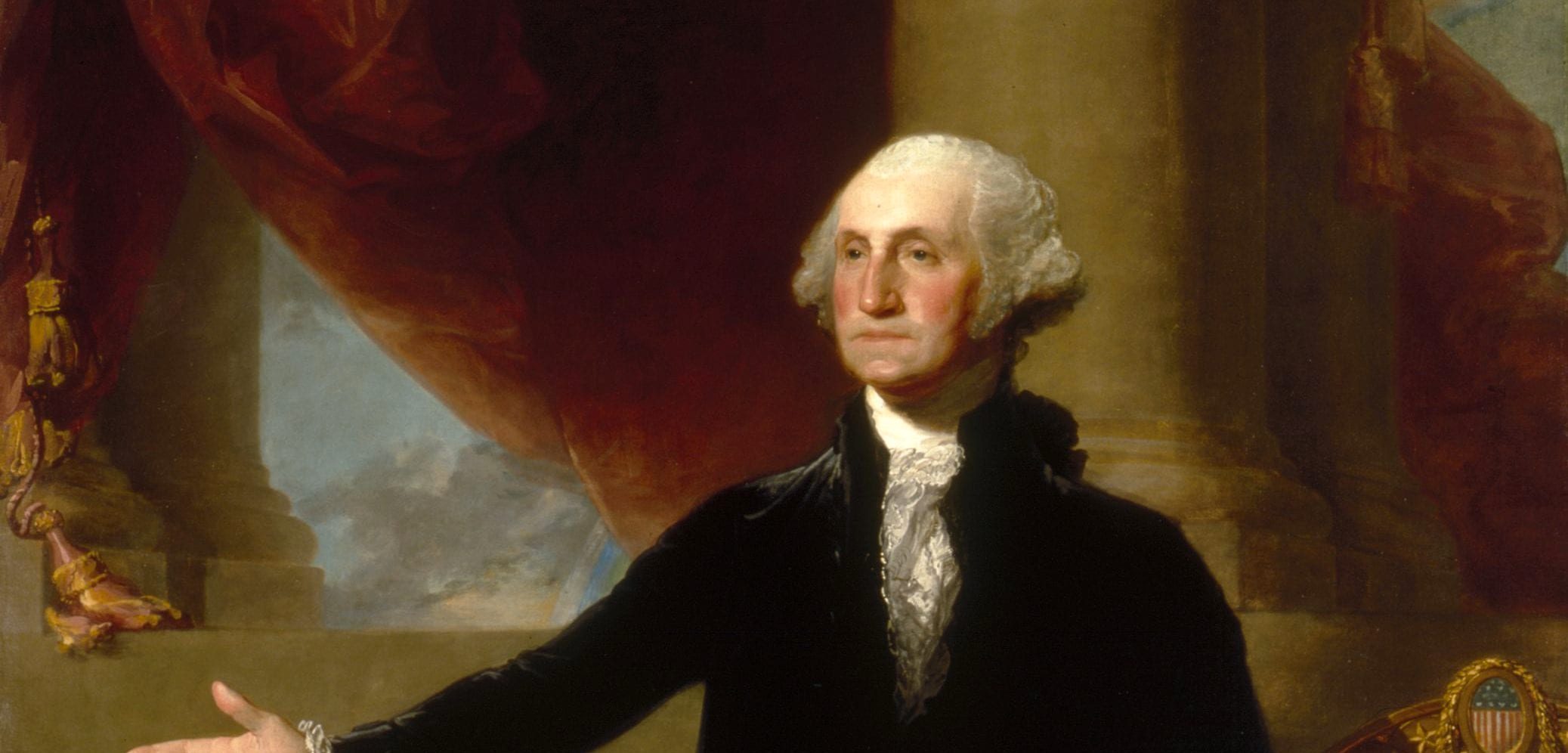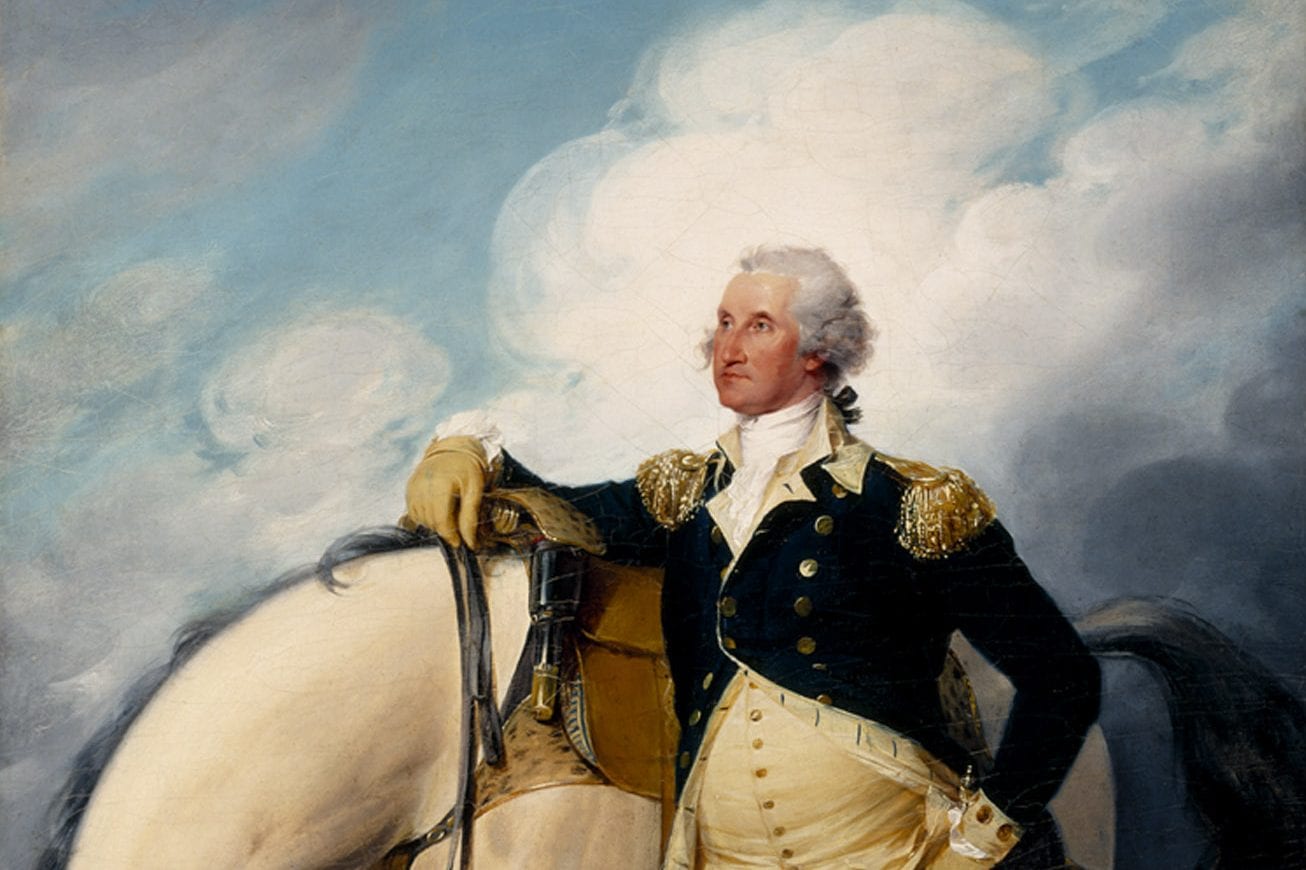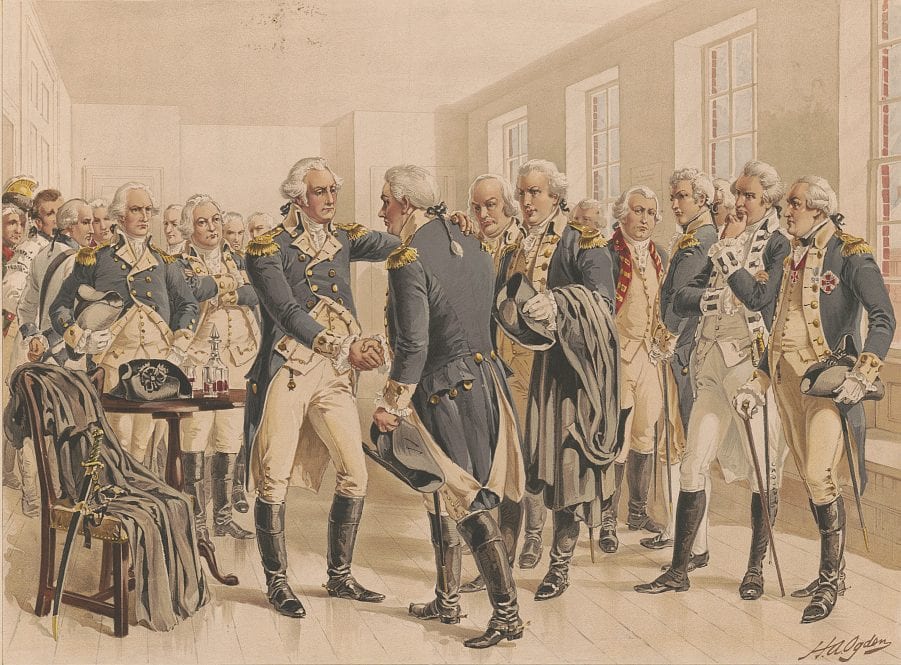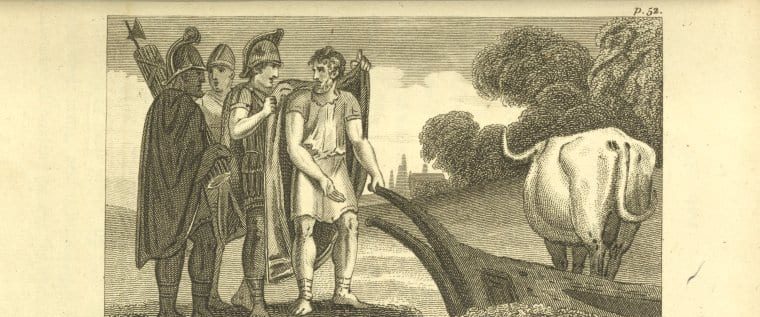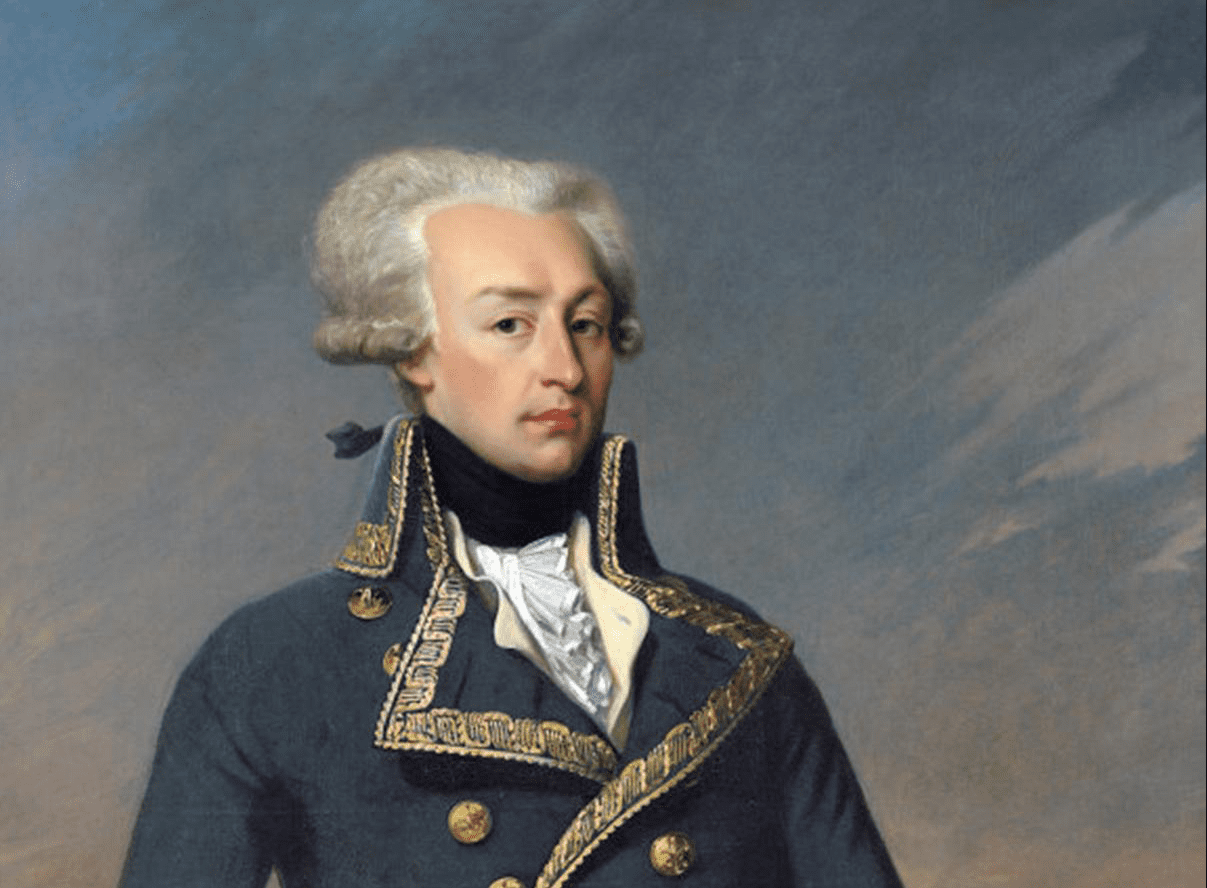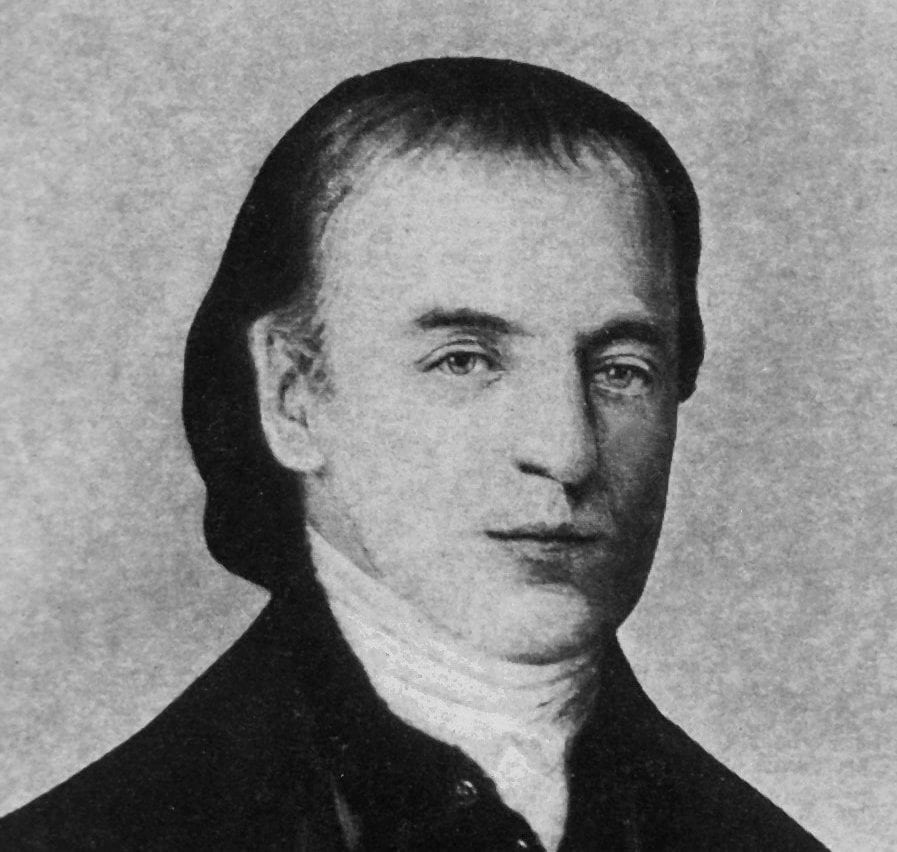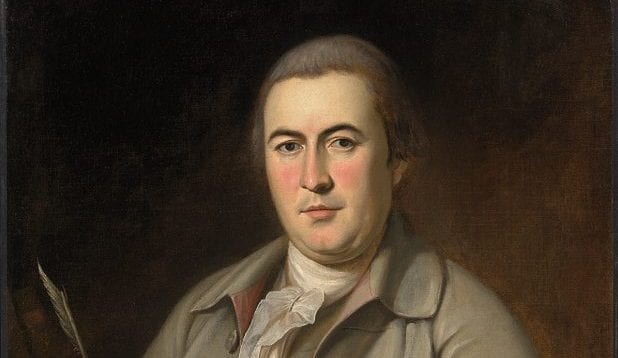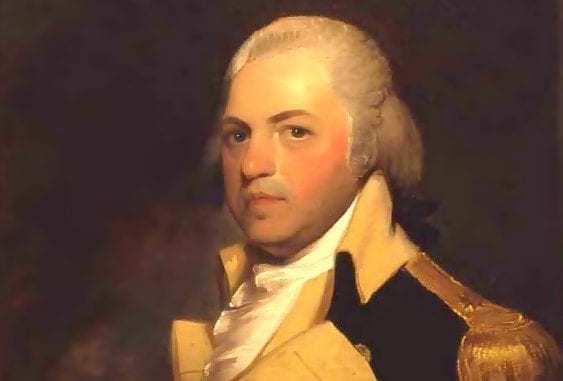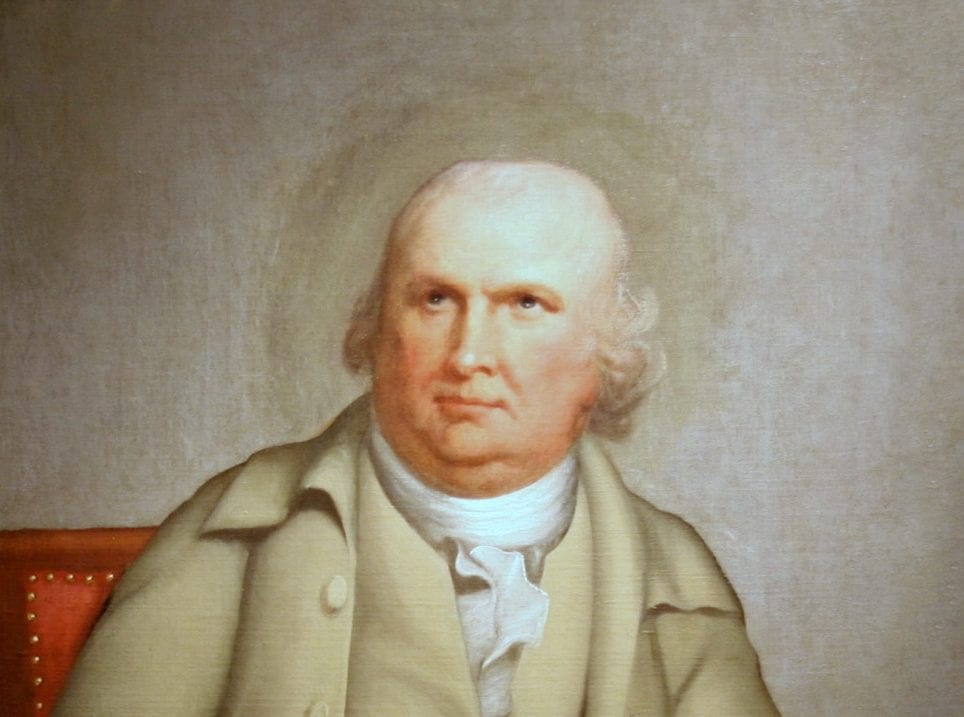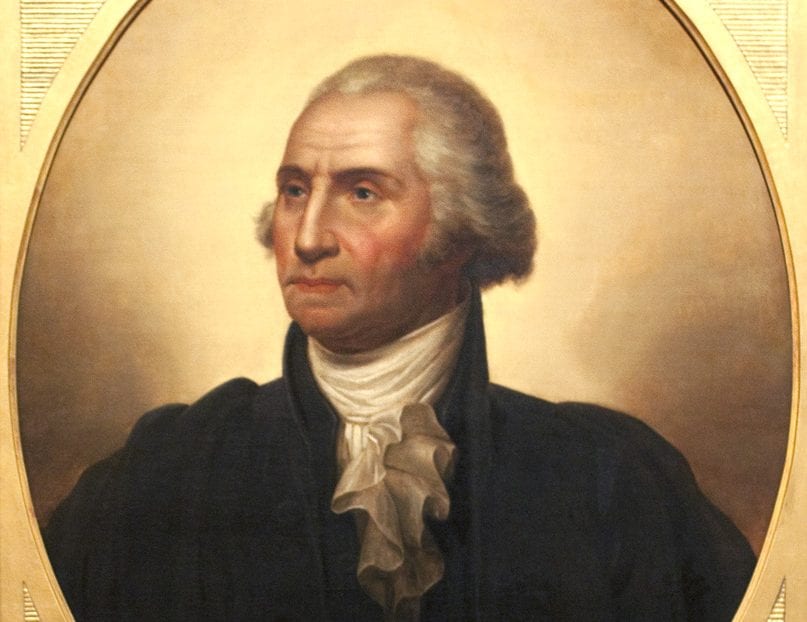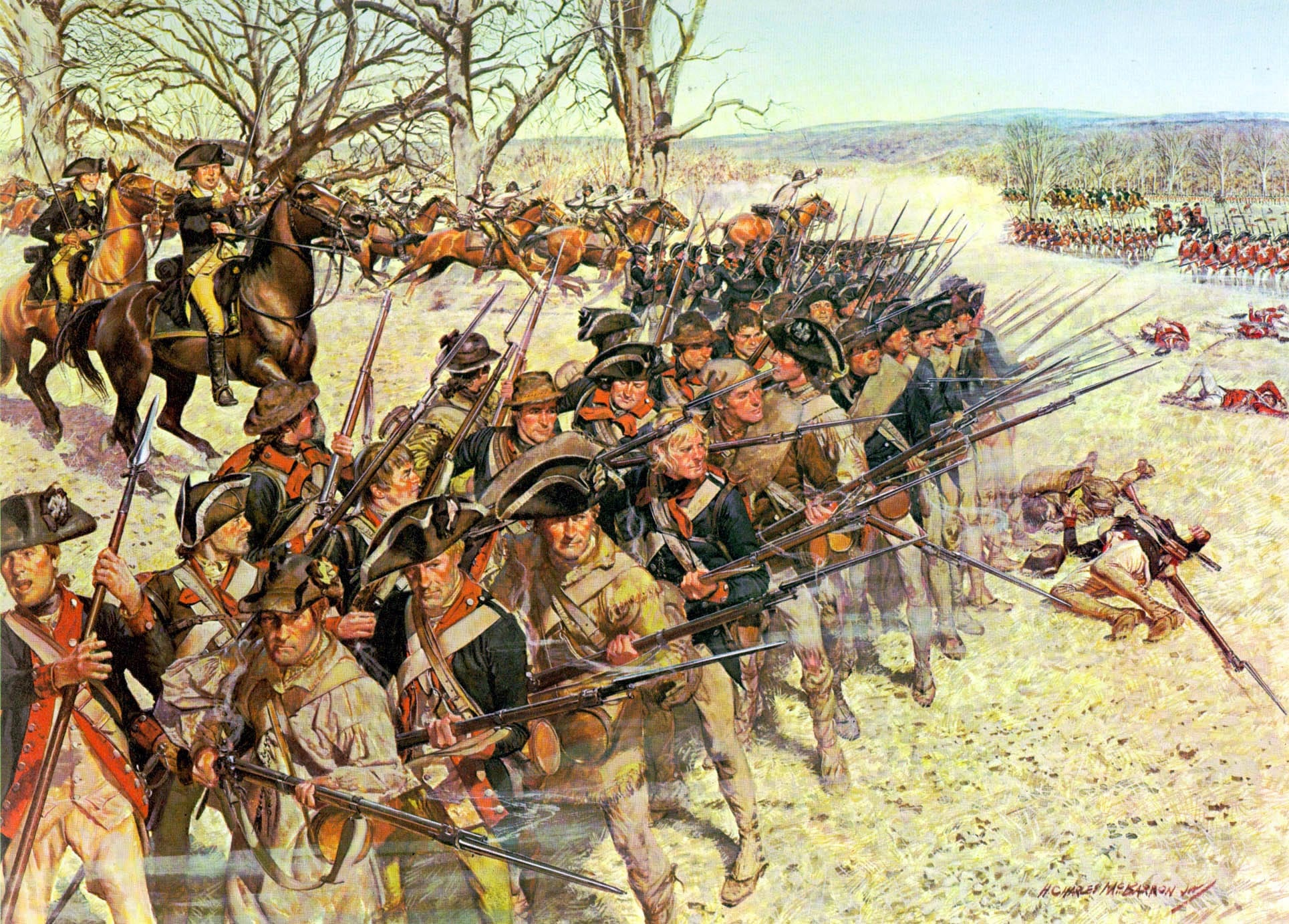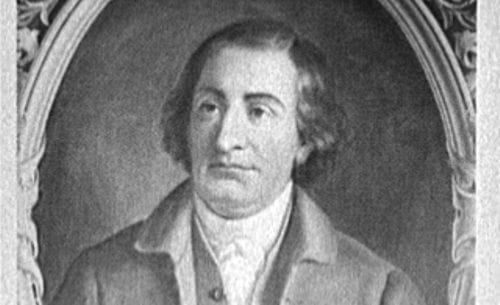
John Chapter VIII. Verse 36.
If therefore the son shall make you free ye shall be free indeed.
The general nature of liberty is the same in all societies, though different circumstances give it different appearance. The same general principles that are the foundation of good government in a family are as truly so in the government of a nation. These maxims are applicable not only to earthly societies, but are equally so to the eternal kingdom of the great God. That government and that liberty which takes place in earthly communities is called domestic or civil, according to their extent. When these are spoken of as belonging to the kingdom of God, they are termed divine or spiritual. The propriety of the manner of expression made use of in our text, depends on the truth of these observations. In the thirty first verse of the context, we are told, that our Lord Jesus Christ said to those Jews which believed on him, if ye continue in my words ye are my disciples indeed; and ye shall know the truth and the truth shall make you free. It seems as though they did not apprehend he was speaking of spiritual liberty but of civil, and therefore answer, we be Abraham’s seed, and were never in bondage to any man. How sayest thou, ye shall be made free? Jesus then leads them to understand, that he spake of spiritual liberty, by saying, whosoever commiteth sin is the servant of sin; and then he adds, the servant abideth not in the house forever; but the son abideth ever, after which follows the text. It is observable that our Lord in this conversation uses that particular word to signify spiritual freedom, by which they understood civil liberty, which would have been altogether improper, had not their general nature been the same. We may observe, that it is Jesus Christ who makes those free that are so in a spiritual sense. It is he alone who introduces them as freemen into this state. If the son shall make you free then shall ye be free indeed. He doth not way if ye be made free, or if ye make yourselves free, but, if the son shall make you free.
The freedom here spoken of, is no doubt, the same that in another place is called the liberty of the sons of God. It is that liberty, which those enjoy who are born of God, have his spirit and are adopted into the number of his children. The liberty is enjoyed in this world so far as persons are sanctified; and shall hereafter be perfectly enjoyed in heaven.
It is observable that Christ calls this liberty, freedom indeed. Ye shall be free indeed.This emphatical word was doubtless made use of to teach us, that spiritual freedom, or liberty is preferable to any other, and that it is perfect freedom, without any mixture or defect.
The principal thought in the text, and what I purpose to dwell at present is,
The state of liberty into which Jesus Christ introduces his disciples is far preferable to any state of earthly liberty.
The subject to which we attended in the forenoon, is vastly important; but this is as much more important, as spiritual, enjoyments are preferable to those that are temporal, eternity to time; and as all the final host of Heaven, which will be composed of God, Christ, Angels and Saints, are preferable to the handful of dust and ashes that compose an earthly empire. It is a subject much more interesting to us, as well as more important in itself. Let me then beg your most diligent, conscientious and unbiased attention, while I endeavor to illustrate and improve the observation just now deduced from the text.
It was said in the former discourse that liberty consists in the being and due administration of such a set of laws, as tend to the highest good of the society. If this be so, it follows that liberty in a state is greater or less in exact proportion to the great or less tendency of the constitution and its administration to the highest good of the community collectively considered. If therefore it appears on examination, that the constitution of Christ’s kingdom and the administration of that constitution have a stronger tendency to the good or that kingdom, than the constitution of any earthly kingdom, and the administration of that constitution, have to the highest good of that earthly kingdom, the proposition is illustrated and proved.
In a perfectly free state the laws forbid every crime against the community. Ever action that would be in the least degree injurious to the state is forbidden. In order to do this, the legislature must have a perfect view of all the various circumstances and occurrences that may take place with respect of each individual of which the state is composed, at all the various periods of existence. Actions that seem to us to minute to be regarded, have their consequences, which are oftentimes vastly important and interesting to the state. How often has a single word spoken in anger by some great personage, lain at the bottom of a nation’s overthrow? The tongue is a little member, but small as it is, it seteth the course of nature on fire. Well might the Apostle say, how great a matter a little fire kindleth! But,
The liberty of the most refined kingdoms of this world, is but like the lean, scanty gleanings of the vintage, while the liberty of the kingdom of Christ is like the full grown clusters of the first ripe fruits that load the generous vine. Such is the weakness of the human mind, and the perplexed state of earthly things, that neither any community nor its wisest delegates, could make sufficient provision against all political inconveniencies, even though they were quite free from every sinister design, unless they were under the continual influence of miraculous inspiration from God. In order to such an effectual precaution they must foresee all the various mental exercises of every member of the community; and be able to judge, at the trial of every supposed offender, what the real motives of his conduct have been; because men are blame worthy or not, according to the meaning of their hearts. But we cannot obtain any certain knowledge of any one motive that actuates the mind of another. No man knows the things of a man save the spirit of a man that is in him. Besides this there is another difficulty, for though we had the power of looking into another’s heart, we still find ourselves incapable of tracing the heart through all its dark and intricate labyrinths. Hence it appears that no political constitution on earth can extend its authority any further than to a few of the many external expressions either of friendship, or disaffection to the state. For this reason, the most complete system of earth government imaginable, falls immensely short of a finished scheme. This however is nothing, in comparison with another inconveniency, or that arises from the depravity of human nature, which leads every man in a great or less degree, to look on his own things and not on the things of another; to seek their own private interest, without regarding the interests either of their fellow men, the angels, or the duty, any father than they may seem subservient to private interest. We have, indeed, reason to hope, that a few are possessed of some small degree of a different spirit; — a disinterested benevolent spirit. But there is reason to believe, that by far the greater part of these are not to be found among the lower classes of mankind, and that a very small proportion of them are among the great. From these considerations we may conclude, that, though it is the duty of Kings and all other rulers to seek the best good of the community, yet they too often act a part directly opposite. Instead of improving their power and interests for the good of the community, they made use of the common interests as means of aggrandizing themselves and their families. This sentiment is confirmed by the history of Kings, and other rulers in every age of the world. We must therefore conclude that the highest degree of liberty that a reasonably be expected in earthly states is very low. At best, there are only some spices of liberty scattered in earthly states, and yet these are more precious than we can conceive. But,
In the kingdom of Jesus Christ, there is no reason to apprehend any such inconveniency or imperfection. For the constitution of his kingdom and the administration of it, are the effects of the pleasure of him who searches the hearts, and tryeth the reins of all his subjects, and is at all times perfectly acquainted with every design of all his rational creatures. It was, therefore, perfectly easy for him to form a constitution, which should never need the least alteration in order to best good of the universe, He is as powerful as wise, and therefore, can administer this constitution with the utmost precision in ever instance. Both his wisdom and power are all sufficient. This being granted, nothing can be wanting in order to bring about the highest good of the universe, except it be a disposition in Jesus Christ to employ his knowledge and power for that purpose. If he has such knowledge and power and full, invariable, eternal inclination to employ his knowledge and power in the production of the highest good of the universe, the designs cannot possibly be frustrated. The united exertion of sufficient skill, power and inclination will forever obtain its end. Sufficient skill and power will in every instance, without exception, carry all ones designs into execution. Now, that Jesus Christ has such a disposition is evident from his being no respecter of persons.
For, we see, he has in fact done very many things, which, beyond all dispute, are the effects of design, and not of inadvertency. Now, if those things are done by design, and yet not from any partial respect to any person, what, but a regard to the whole could be the moving cause? And, if regard to the whole be the moving cause of all the Christ has done, is doing, and will do, must we not conclude, the highest good of the whole is his highest, and only ultimate end? We cannot suppose otherwise, without believing, that Christ is a being of mixed and jarring affections, which would imply great imperfection indeed. The division of one’s affections between two different objects, always creates a painful discord, in such a case, the passions of the mind are in confused state of opposition, which is ever productive of painful sensations of soul — We must, therefore, believe that Jesus Christ aims, with the utmost strength and uniformity of design, at the highest good of the whole or else, that he is an inconsistent, and consequently a miserable being.
Jesus Christ has in his mediatorial work, given the highest possible evidence of the most disinterested attention to the highest good — Since he is an omnipotent being, what reason can be given why he did not call down the innumerable hosts of might angels from heaven to destroy his persecutors, or why he did speak them unto hell, unless it be, that he is infinitely benevolent. Such was his regard for the highest good, that he held not his own life dear, and what is far more, he delivered himself into the hands of his most unrighteous, inveterate, malicious, and detestable enemies, to be treated according to the dictates of their accursed pride and malice. He clearly saw how much their haughtiness, and revenge would be gratified in his meek submission to the cross, and his bitter agonies on the tree. And yet, such was his regard to the general good, that he cheerfully gave them an opportunity to gratify their perverse inclination, and supported them in existence while they did it.
These considerations are enough to convince us, that there is as much, as pure liberty in the kingdom of Christ, as unlimited wisdom, power and goodness can possibly produce; and how inconceivably greater, and more excellent must this be, than nay thing of the kind that can take place under the direction of ignorant, impotent selfish men. The Lord of hosts hath proposed his kingdom to stain the pride of all glory, and to bring into contempt all the honorable of the earth.
How strangely inconsistent are we in treating that liberty, which is of infinite worth, with neglect and contempt, when it is most freely offered us, while, at the same time we are ready to sacrifice, not only our fortunes, but our very lives and friends to purchase and defend that which at best is but imperfect, uncertain and temporal? To struggle for the latter is laudable, but to neglect the former, is infinitely criminal. Surely none but a madman would neglect millions which he might have at pleasure, and yet barter his life for an uncertain penny. In the affair of civil liberty, the most spirited efforts may prove ineffectual; but that which is spiritual will certainly be the consequence of a single genuine desire to enjoy it. What makes the inconsistency still the more glaring is, that while human nature shrinks at the thought of the partial oppression of an earthly tyrant, we quietly remain in a state of the most abject slavery to the worst of tyrants, the devil himself. To shake off the former has cost many their lives, and put them beyond the capacity of enjoying liberty; they have purchased at so dear a rate. When we need but detest the chains of sin to rise up to Kings and ensure liberty in its highest perfection. Our conduct proves that we prize time above eternity, the liberties of an earthly state, above the glorious liberty of the sons of God; the enjoyments of earth above those of heaven; sin above holiness; the service of Satan more than that of God, — yea, that we prefer the Devil himself, the implacable enemy of our souls to the Lord Jehovah our gracious benefactor.
Come then, my friends, let us embrace the glorious liberty of the sons of God. Every possible measure, whether of terror or allurement, is set before us. If we embrace this, we shall of necessity be genuine sons of liberty. We shall resolve that nothing but the wise superintendency of God shall ever make us submit to public oppression; for no man can be a Christian and not a friend to civil liberty, in the strictest sense. To be freemen of Jesus Christ will exceedingly sweeten the enjoyment of civil liberty if we can obtain it, or soften the fetters of slavery if we shall be forced to wear them. Spiritual liberty opens up a pleasant prospect even in the midnight of political slavery. The most abject slave may look forward and say, ” a few moments more will usher me into a state of everlasting Freedom.” On the contrary, what will it profit us to gain the whole world, crowns and scepters, if at last we loose our own souls, and are dragged at the chariot wheels of Satan. This is our last time to secure freedom and glory. Another hour may chain us down in eternal bondage.
God has given us rational minds. Let us then act a rational part. Let us act a consistent part, and not dishonor our high birth. Consistency, reason, interest and duty all call on us to yield an immediate and unlimited submission to God. Heaven is set before to allure us. Hell flames behind. Satan is ready to seize us, and the eternal Jehovah stretches forth his hand and offers to save us. Let us do whatever true wisdom may direct with respect to civil liberty, but by all means let us do it so as that ours slavery to Satan shall not increase with the increase of civil liberty. Let us act a part that shall be approved of at the last day, by our own consciences, by saints and angels, and by our holy judge. Then shall we rejoice at what we have done, but otherwise we must be ashamed forever. May God give us grace to do so for the sake of our Lord Jesus Christ.

Conversation-based seminars for collegial PD, one-day and multi-day seminars, graduate credit seminars (MA degree), online and in-person.











